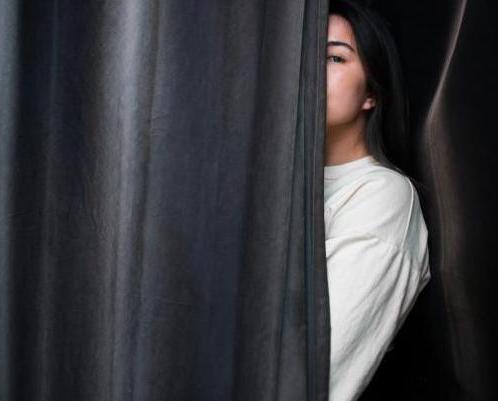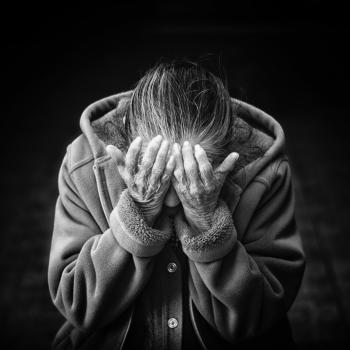Like every organization, the culture of our relationships is determined by how we define two words: shame and honor. As we are learning how to interact with one another, we weigh our past experience, personalities, and perceptions to form a pattern of behaviors that are deemed honorable and avoid a cluster of thoughts, attitudes, and actions that are deemed shameful.
Our relationships will be driven by our treatment of these two terms.

How It Happens
By and large, this happens almost subconsciously. We use body language and emotional outburst to create fuzzy borders. Through passive aggressive manipulation, outright violence, and a host of nonverbals, we start to communicate what is shameful and what is honorable within our relationships.
Once these patterns are set, they are hard to change. It is easy to forget that there are other options. When a little girl hears how pretty she looks over and over, physical beauty becomes a clear characterization of honor. Boys hear the same thing about strength and athletic performance. Therefore, not measuring up to our culture’s standard of beauty or being weak become requisitely shameful. As adults, we are still fighting to meet these standards of honor and shame reinforced in us from an early age.
When a couple or a group of friends engage in relationship, there are certain kinds of jokes, political or religious viewpoints, attitudes about drinking, and ways of approaching conflict that are clearly treated as honorable or shameful.
The Dark Cloud
Honor and shame follow us. They latch on like leeches. In the life-long human search for meaning and identity, the badges of shame and honor feel as if they are sewn into our souls.
Most of us are stuck in the rat race of life and an endless carousel of relationships just trying to figure out who we are, what is our purpose in this world, and whether or not we are worthy of affection.
If we are not intentional about defining parameters for shame and honor in our relationships, we will borrow definitions. From our parents (or in rebellion to our parents), popular society, television, etc. A dark cloud of expectation follows us around. We find ourselves sabotaging relationships, hurting others, feeling lonely isolated and confused. And we don’t know why.

The reason is that even the conversation about shame and honor has become shameful in most cultures and relationships. We’re supposed to have life figured out. No time for uncertainty. We are supposed to be masters.
The dark cloud of expectation follows us around, our marriages find divorce, and our friendships turn into codependent enemies. We fall for the romance trap and are confused and angry when the rug is pulled out from under us.
Intentional Living
Our system one is silence, confusion and pain. For our relationships to survive and thrive, we need to take the time to have intentional conversation about what matters to us, what we value, and what exactly we are willing to commit to.
There is so much left unspoken in relationships. We keep score behind our own backs, we bottle up disappointment. We cry ourselves to sleep. Communication is the most important aspect of any human relationship. And we cannot overcome the menagerie of dark clouds above us without some intentional conversation.
A victorious life is perhaps nothing more than an honest one. A truly honest life. Without clearly communicating our presuppositions about shame and honor, we find ourselves living behind layers and layers of mask. We find ourselves confused about honor and shame and who we really are in the midst.
The only solution is vulnerability. An assessment of values. A unified and transcendent vision. Only then can we experience the lives we truly desire. And only then is it possible to engage in relationships the way we long to.












